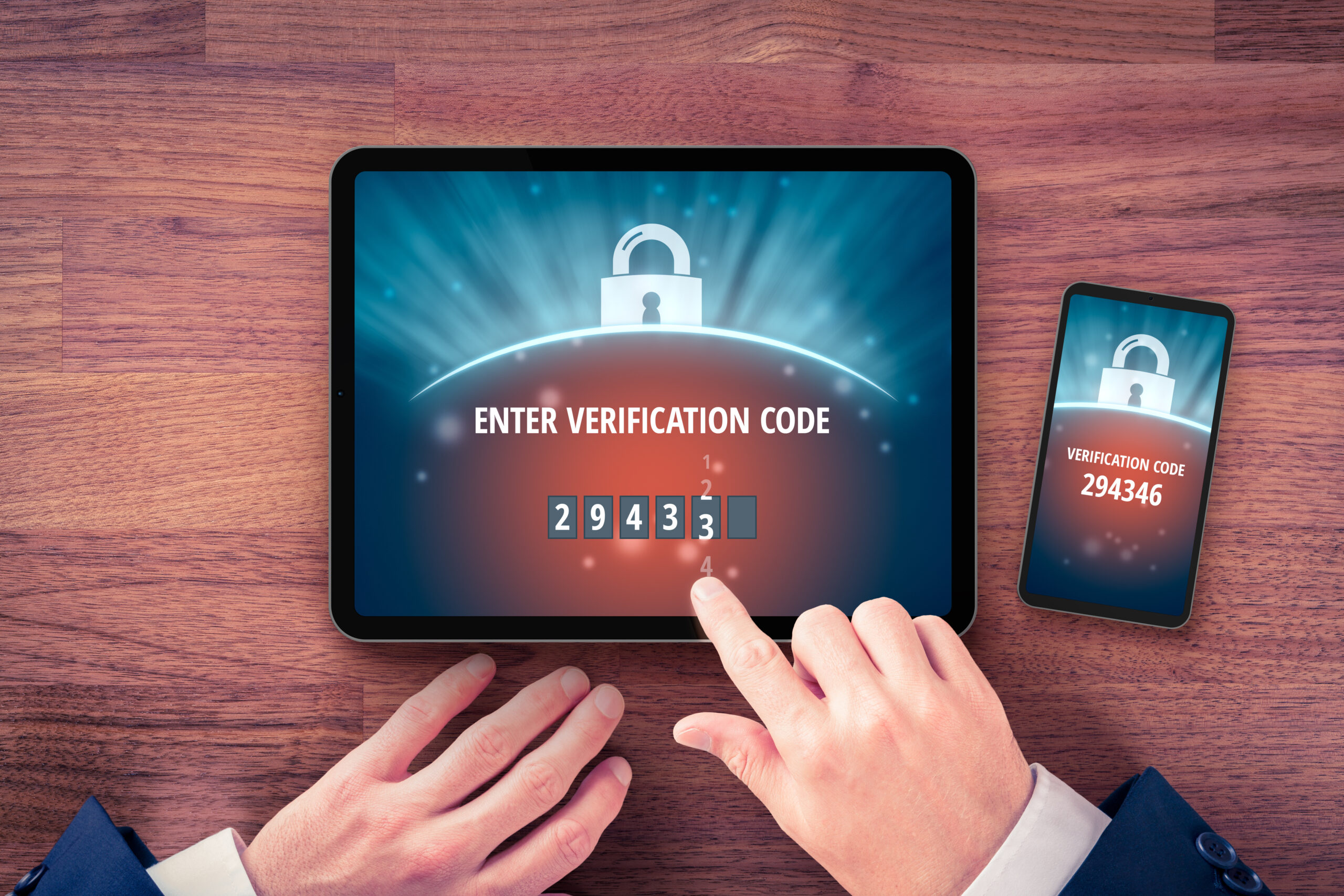Multifactor or Two Factor Authentication (MFA/2FA) is a security measure that requires users to provide two forms of identification before being granted access to sensitive information or systems. This added layer of security helps protect against hacking and other forms of cybercrime by making it much more difficult for malicious actors to gain unauthorized access.
In today’s digital age, where data breaches and cyber-attacks are becoming increasingly common, MFA/2FA is no longer optional. It is essential for businesses and individuals to take steps to protect their sensitive information and systems. Here are a few reasons why MFA/2FA is so important:
- Passwords are not enough: Passwords are often easily guessed or stolen, and once a hacker has access to a password, they can often gain access to sensitive information and systems. MFA/2FA adds an additional layer of security by requiring a second form of identification, such as a fingerprint or a security code sent to a phone or email.
- Protects against phishing: Phishing is a common tactic used by hackers to trick users into giving up their login credentials. MFA/2FA helps protect against phishing by requiring a second form of identification, making it much more difficult for hackers to gain unauthorized access.
- Compliance: Many regulatory compliance standards now require organizations to implement MFA/2FA as a part of their security controls. Such as HIPAA, SOC 2 and PCI DSS
- Cost-effective: Implementing MFA/2FA is relatively inexpensive and can save businesses and individuals a significant amount of money in the long run by preventing data breaches and other cybercrime.
In conclusion, MFA/2FA is no longer optional. It is a necessary step in protecting sensitive information and systems in today’s digital age. By implementing MFA/2FA, businesses and individuals can reduce the risk of data breaches and cyber attacks and ensure compliance with regulatory standards.



Comments are closed